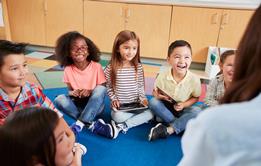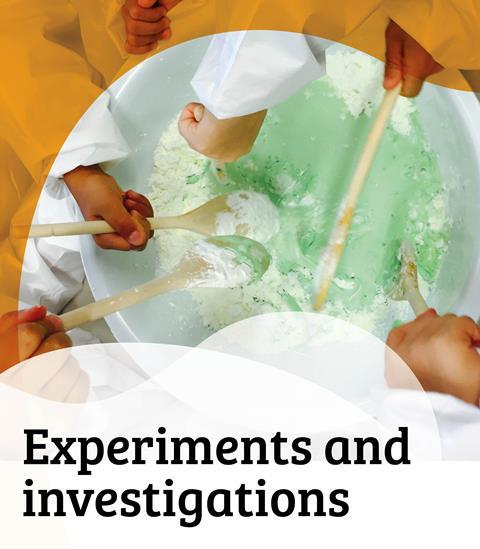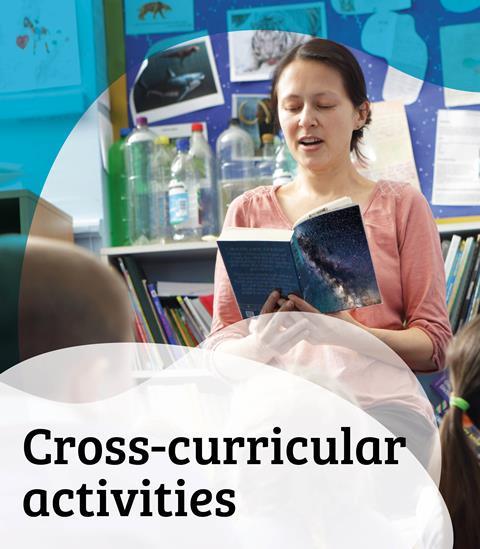Learn about reversible and irreversible changes in your kitchen with this short podcast
Produced by FunKids Radio and the RSC, this short snippet uses Kareena and her superhero friend K-Mistry to introduce children to reversible and irreversible changes in your kitchen.
This podcasts can be used as a ’hook’ when introducing the topic to your students, or at the end of a lesson to stimulate discussion about what they have learnt.
If you teach primary science, see the headings below to find out how to use this resource:
Skill development
Children will develop their working scientifically skills by:
- Selecting and planning the most appropriate ways to answer science questions, including:
- Grouping and classifying things.
- Using appropriate scientific language and ideas to explain, evaluate and communicate their methods and findings.
- Asking their own questions about scientific phenomena.
Learning outcomes
Children will:
- Observe that some materials change state when they are heated or cooled.
- Explain that some changes result in the formation of new materials, and that this kind of change is not usually reversible.
Concepts supported
Children will learn:
- What is meant by terms ‘reversible’ and ‘irreversible changes’, and be able to identify examples of both.
- Why some changes are irreversible.
- That heat is not always required for a substance to change state.
- The differences between a change in state and the formation of a new substance, in simple terms.
Suggested activity use
This resource would be useful to be used in conjunction with K-Mistry fast facts 2 (https://edu.rsc.org/2325.article
Practical considerations
Some of the language used in the resource, e.g. substances being named as ‘colloids’ is above the standard required for primary school children.
Please take into account any health and safety considerations, particularly any allergies that people may have.
Downloads
Kitchen K-Mistry - fast facts: beat it
Audio | Other, Size 2.55 mb
Kitchen science podcasts

Use these short podcasts to introduce children to the chemistry all around them in their kitchen.
- 1
- 2
- 3
- 4
- 5
- 6
- 7
 Currently
reading
Currently
reading
Reversible and irreversible changes
- 9
- 10
- 11
- 12
- 13
- 14
- 15
- 16
- 17
- 18
- 19
- 20
- 21





















































No comments yet